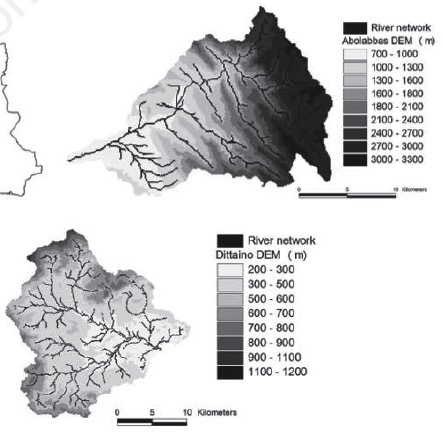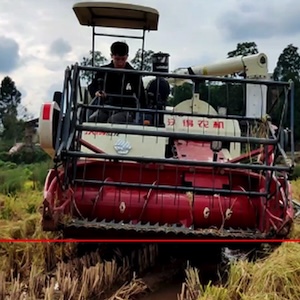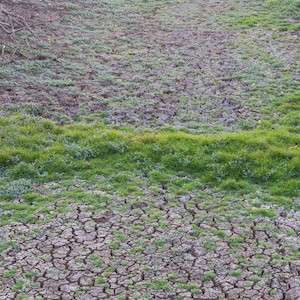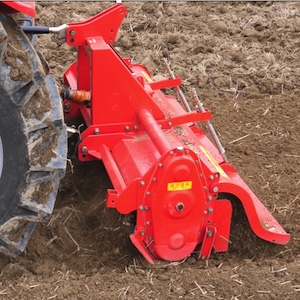Design discharge estimation in small and ungauged basins: EBA4SUB framework sensitivity analysis

Published:18 June 2020
Abstract Views: 1113
PDF: 609
HTML: 114
HTML: 114
Publisher's note
All claims expressed in this article are solely those of the authors and do not necessarily represent those of their affiliated organizations, or those of the publisher, the editors and the reviewers. Any product that may be evaluated in this article or claim that may be made by its manufacturer is not guaranteed or endorsed by the publisher.
All claims expressed in this article are solely those of the authors and do not necessarily represent those of their affiliated organizations, or those of the publisher, the editors and the reviewers. Any product that may be evaluated in this article or claim that may be made by its manufacturer is not guaranteed or endorsed by the publisher.
Similar Articles
- Eva Audrey Yessito Houessou-Dossou, John Mwangi Gathenya, Mugwima Njuguna, Zachary Abiero Gariy, Andrea Petroselli, Comparative analysis of flood and rainfall frequency in the ungauged sub-watersheds of Kakia and Esamburumbur in Narok town, Kenya, using the EBA4SUB rainfall-runoff model , Journal of Agricultural Engineering: Vol. 53 No. 2 (2022)
- Rodolfo Piscopia, Andrea Petroselli, Salvatore Grimaldi, A software package for predicting design-flood hydrographs in small and ungauged basins , Journal of Agricultural Engineering: Vol. 46 No. 2 (2015)
- Vincenzo Bagarello, Vito Ferro, Dennis Flanagan, Predicting plot soil loss by empirical and process-oriented approaches. A review , Journal of Agricultural Engineering: Vol. 49 No. 1 (2018)
- Tommaso Baggio, Francesco Bettella, Lucia Bortolini, Vincenzo d'Agostino, Hydrologic performance assessment of nature-based solutions: a case study in North-eastern Italy , Journal of Agricultural Engineering: Vol. 54 No. 2 (2023)
- Martine Nyeko, Guido D'Urso, Walter W. Immerzeel, Adaptive simulation of the impact of changes in land use on water resources in the lower Aswa basin , Journal of Agricultural Engineering: Vol. 43 No. 4 (2012)
- Juan Ãngel Mintegui Aguirre, José Carlos Robredo Sánchez, Carlos de Gonzalo Aranoa, Pablo Huelin Rueda, Jorge Fallas, Felipe Cisneros, Pedro Cisneros, Adriana Urciuolo, Rodolfo Iturraspe, Forest use strategies in watershed management and restoration: application to three small mountain watersheds in Latin America , Journal of Agricultural Engineering: Vol. 45 No. 1 (2014)
- Hyun Seok Song, Kyung Seok Sim, Tae Won Park, Optimal tread design for agricultural lug tires determined through failure analysis , Journal of Agricultural Engineering: Vol. 49 No. 1 (2018)
- Ossama M. M. Abdelwahab, Ronald L. Bingner, Fabio Milillo, Francesco Gentile, Effectiveness of alternative management scenarios on the sediment load in a Mediterranean agricultural watershed , Journal of Agricultural Engineering: Vol. 45 No. 3 (2014)
- Giovanni Francesco Ricci, Faouzi Zahi, Ersilia D'Ambrosio, Anna Maria De Girolamo, Giuseppe Parete, Taha-Hocine Debieche, Francesco Gentile, Evaluating flow regime alterations due to point sources in intermittent rivers: A modelling approach , Journal of Agricultural Engineering: Vol. 53 No. 2 (2022)
- Ciro Apollonio, Andrea Petroselli, Paolo Cornelini, Vito Manzari, Federico Preti, Salvatore Grimaldi, Riparian vegetation as a marker for bankfull and management discharge evaluation: The case study of Rio Torbido river basin (central Italy) , Journal of Agricultural Engineering: Vol. 52 No. 2 (2021)
You may also start an advanced similarity search for this article.

 https://doi.org/10.4081/jae.2020.1040
https://doi.org/10.4081/jae.2020.1040 










